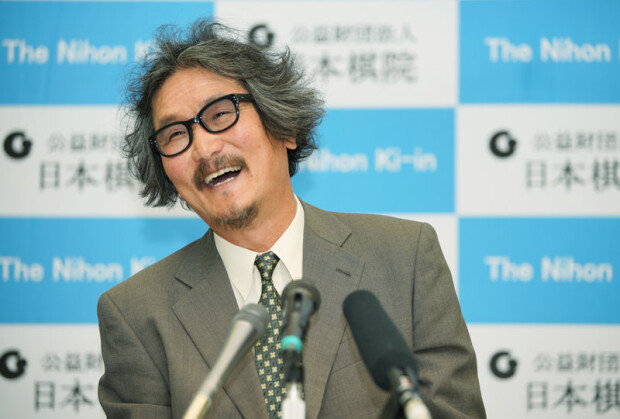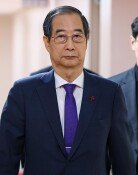Legendary go player Cho Chi-hoon looks back on career
Legendary go player Cho Chi-hoon looks back on career
Posted May. 29, 2024 08:01,
Updated May. 29, 2024 08:01

“I had so much affection for Korea, which has a history of struggling between powerful countries that I did not want to change my nationality,” said Go master
Cho Chi-hoon, 9th Dan (age 67), nicknamed the ‘Emperor of Go’ for winning the most titles (76 in total) in Japanese go history. He revealed the reason why he has maintained his Korean nationality despite numerous invitations to change his nationality to Japan.
Cho 9-dan has been publishing a series of columns called ‘My Resume’ in the Nihon Keizai Shimbun since the beginning of the month. “My late wife and my children are both Japanese nationals. It might have been my natural choice to change my nationality,” he said. Cho said that he was encouraged to naturalize several times by institutions such as the Nihon Kiwon, where he worked.
However, Cho maintained his Korean nationality out of love for his homeland and continued to work under a Korean name. However, he plans to have his tomb located in Japan after he passes away. “It is because of my gratitude (to Japan) for giving me fame and wealth. But I would be grateful to have some part of me scattered in the sea off Busan (my hometown),” he said.
Born in Busan in 1956, Cho went to Japan to study go at the age of six. In 1968, at the age of 11, he became the youngest professional go player in history. He achieved remarkable feats such as becoming the youngest player to reach 9th dan (24 years old), winning the three major titles in Kisei, Meijin, and Honinbo in the same year, and winning 10 consecutive championships in Honinbo. He is known to have written Japanese go history through his achievements. Last December, he achieved 1,600 wins for the first time in Japanese professional go history.
The 1986 ‘Wheelchair Match’ stands as a poignant symbol of Cho's career. Despite a serious car accident that left him wheelchair-bound for three months, he risked his life to play the game. This dedication was not limited to his career. In 2015, he made the difficult decision to give up the finals to care for his wife, who was battling pancreatic cancer. 'In my 38 years of marriage, I would call my wife from the dorm after winning the title,' Cho shared. 'She would tell me that I did well. I played my best to hear those words.'
The Japanese government awarded Cho the Embroidered Medal, a decoration awarded to those who have achieved outstanding achievements in the field of sports arts, in 2019. “It felt something special,” he said. “I’d be pleased if this could encourage Koreans living in Japan.”
Cho Chi-hoon has no plans to slow down. 'I would like to continue as long as I can withstand the tension of the match,' he declared after his 1,600th win last year. His dedication to go is unwavering. 'I study go every day. It’s painful to lose miserably in a match. I believe real peace is when painful moments no longer exist,' he reflected.
Yang-Hwan Jung ray@donga.com







